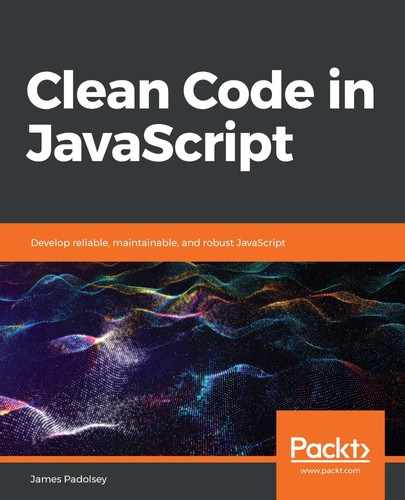If you're ever stuck for a name, there's a clever approach you can use to unstick yourself. When you have an abstraction or variable that needs a name, look carefully at what it does or what it contains and then come up with at least three bad names that describe it. Don't worry about the abstraction or interface you wish to provide for now; just imagine you were describing the functionality to someone who doesn't know anything about the codebase. Be direct and descriptive.
For example, let's say we're embedded in the part of the code base that deals with setting up new user-names. We need to check that the username does not match a set of specifically forbidden words, such as admin, root, or user. We want to write a function to do this but we're not sure what name to pick. So, we decide to try the three bad names approach. This is what we come up with:
- matchUsernameAgainstForbiddenWords
- checkForForbiddenWordConflicts
- isUsernameReservedWord
Coming up with three less-than-perfect names is a lot easier than spending many minutes trying but failing to come up with the perfect name. It doesn't matter how bad these three names are. What's important is that we can come up with at least three. Now, having seeded the set of possibilities, we're free to compare and contrast the names we've found and mix and match them to find the most descriptive and direct way of describing the purpose of our function. In this case, we may have eventually decided on a name adapted from those three possibilities: isUsernameForbiddenWord. We wouldn't have got there if it wasn't for the three bad names approach.
